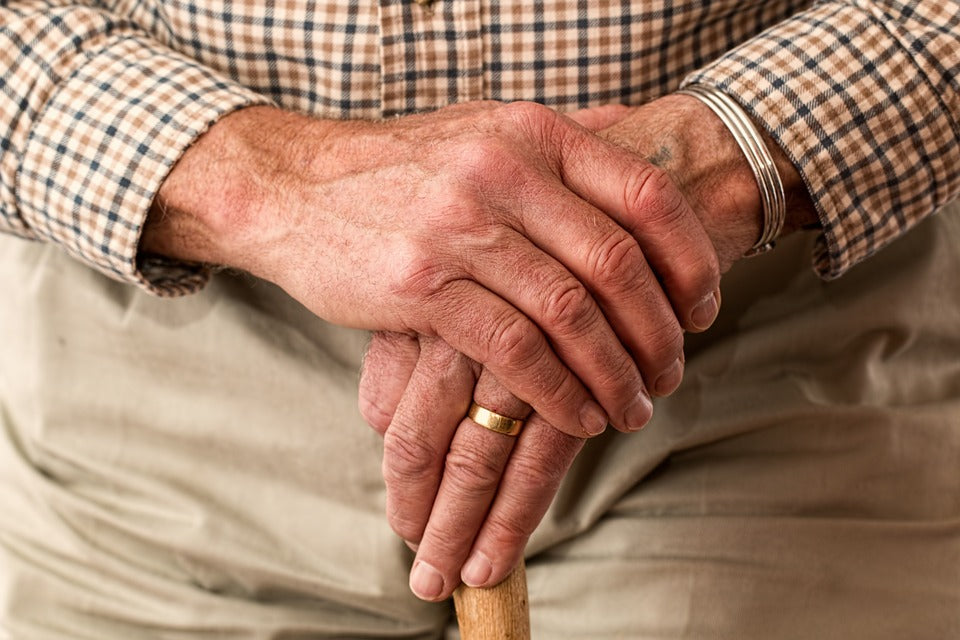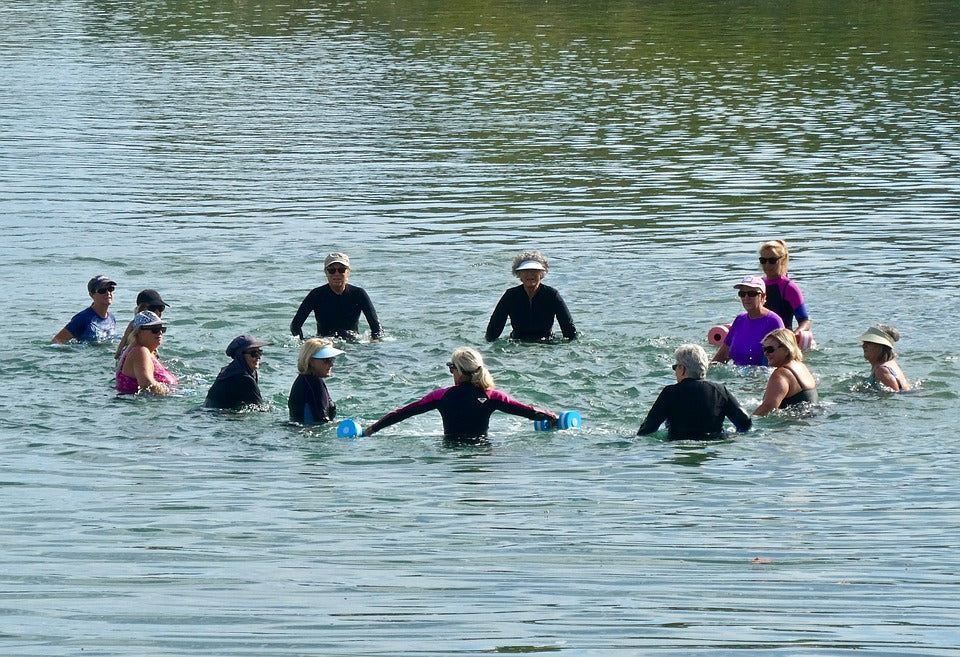Aging is not for the faint-hearted, they say. Speaking of hearts, how’s yours? Beating at a reasonable pace or still palpitating after your brisk walk up the stairs? Keeping fit is not just for the young and restless – it is something everyone can benefit from, in any condition, at any age!
Even those who are physically disabled or encumbered in some way that limits their mobility can do small exercises that will benefit them. In fact, local physiotherapist, Neline Hoffman Kellerman gave us some tips on how and why, you can get moving.
The benefits of exercise for the elderly

- Slowing the effects of aging
- Maintaining strength, balance and coordination that can aid in the prevention of falls
- Lowers risk of heart disease, stroke and high blood pressure
- Keeps your mind sharp as you age and lowers the risk of Alzheimer's and Dementia
- Management of anxiety and depression, and improves your mood
“All these benefits will aid to improve your independence, and help you to live a happier life for longer!”, said Neline.
But my mobility is impaired / limited?

“Start where you are, use what you have and do what you can”, she explained.
Step 1 - Keep it simple
“Whether you are bed-bound or mobile using a walking aid, daily exercise should include strength training to help maintain and increase your strength, and flexibility exercises, to help maintain your range of motion. If you don't use it, you lose it,” she explains.
“A walking aid program will include cardiovascular effort, flexibility and strength.”
- Walk a passage length
- At the end of the passage, sit to stand (x5)
- Walk a passage length (the other way)
- At end of passage length, do leg extensions (10x)
- Repeat as many times as you feel you can
“A typical bed program would focus on maintaining the strength the patient has, to aid with transfers and mobilisation. Exercises will include self-assisted mobilisations, strength exercises and assisted mobilisations by a carer or physiotherapist”, Neline explained
Common things to try include:
- Point your toes
- Then pull them backward
- Repeat as many times as comfortable, as quickly as comfortable
- Slide your heel up toward your buttock, raising your knee straight up
- Slide it back down
- You can use a plastic tray, upside down, to create a smoother, surface
4. Bridging
- Lie flat on your back, with your knees raised and your feet on the floor / bed
- Raise your hips as high as possible, hold for a few seconds, then relax
- Repeat as many times as you can
5. Core exercises – sitting up from a resting position
6. Upper-limb exercises – small weights
Step 2 - See what resources you have and can use:
- Do you have access to a gymnasium, swimming pool or exercise equipment?
- Can you join a program with your local physiotherapist or biokineticist.
- Is there geriatric exercise classes in your area? (I.e hydrotherapy)
Step 3 - Group motivation

“If you can, exercise with others, it helps to motivate each other. It also creates a safer environment, as help is nearby, should anyone get injured,” Neline explained.
Step 4 – Professional assistance
“Speak to your Doctor, Physiotherapist or Biokineticist, they can aid with a tailor made home program that addresses your specific needs and limitations,” she recommended.
Exercise after surgery – hip or knee replacement
“You will receive in-hospital physiotherapy. A home program with post-operative care, guidelines and rehabilitation will be given and explained as well. This program will start with light strength and mobility drills within your surgeon’s post-operative protocol and progress to strength training to return you to full function. It is imperative that you stick to this plan as much as you can, as over-doing it or not doing enough will delay your recovery”, Neline warns.
Supplements to consider
Mopani Pharmacy has a variety of supplements that may be beneficial for your overall health and wellness:
- Vogel Circulation Formula - to aid in poor blood circulation
- Centrum Select 50+ Tabs – an overall multivitamin
- Caltrate Plus Tabs – for calcium, vitamin D and bone building minerals
- Harvest Table Collagen – to keep your bones supple
Background on Neline’s practice
Hoffman Kellerman Physiotherapists is a sport, orthopaedic and rehabilitation orientated physiotherapy practice based in Sonpark Shopping Centre.
To book an appointment with one of our two qualified physiotherapists you can kindly call or WhatsApp: Neline (0726853121) or Anke (0745120295)
Anke and Neline have both been practicing since 2007 after completing their studies at UOFS in 2006.
Read more: Shopping Safely at Mopani Pharmacy
We can deliver your medication, supplements and other Mopani online shopping, nationwide! More info: mopani.co.za | crossing@mopani.co.za | Tel: 013 755 5500 | WhatsApp: 066-192-1703


